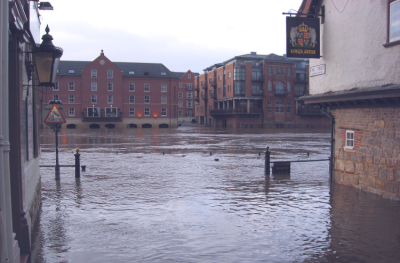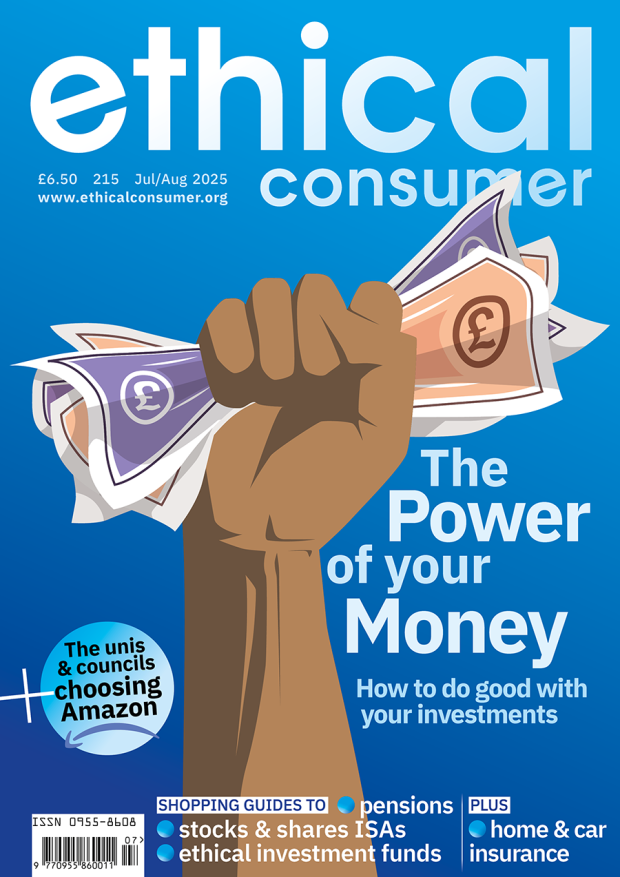Ethical home insurance companies
With more frequent extreme weather events like floods, home insurance claims are rising. But are insurance providers themselves contributing to climate change?
With 8 of the 18 brands scoring under 10 (out of 100), and a few recommended brands and one Best Buy in the guide, there are clear differences between the least and most ethical home insurance providers.
Many of the companies we reviewed clump together in the middle of our score table, with ratings from 20-50.
Read on to find out where the well-known home insurance providers, such as Admiral, Aviva, Direct Line, along with others including Ageas, AXA, Ecclesiastical, esure, Hastings, LV=, MORE THAN, and NFU Mutual, score according to our ethical ratings.
Buying ethical home insurance
An important but underrated way of shaping the world is by choosing an ethical insurance provider.
Home insurance matters to us because if our house floods, it means we can cover the costs of repairs or replacement. But what are the ethical issues? Apart from giving us peace of mind, what impacts are our insurance choices having on the world?
As well as insuring us and our stuff, insurance companies insure businesses against all sorts of losses. They spread the risk of any venture and, in doing so, keep capitalism chugging along.
While many insurance companies stick to providing insurance for individuals or small and medium-sized businesses, the largest ones insure very big companies whose activities can have harmful impacts on the world, such as the development of new fossil fuel projects. They are therefore playing an essential role in the continuation of such activities.
Insurance companies are also investors. They invest our premiums (the amount paid for a contract of insurance) in the economy and those investments can end up in sectors and companies that have negative social and environmental impacts.
So, when you’re buying a home insurance policy, you’re not only covering yourself in case of misfortune, you’re also making a choice about the overall ethical direction of the economy.




